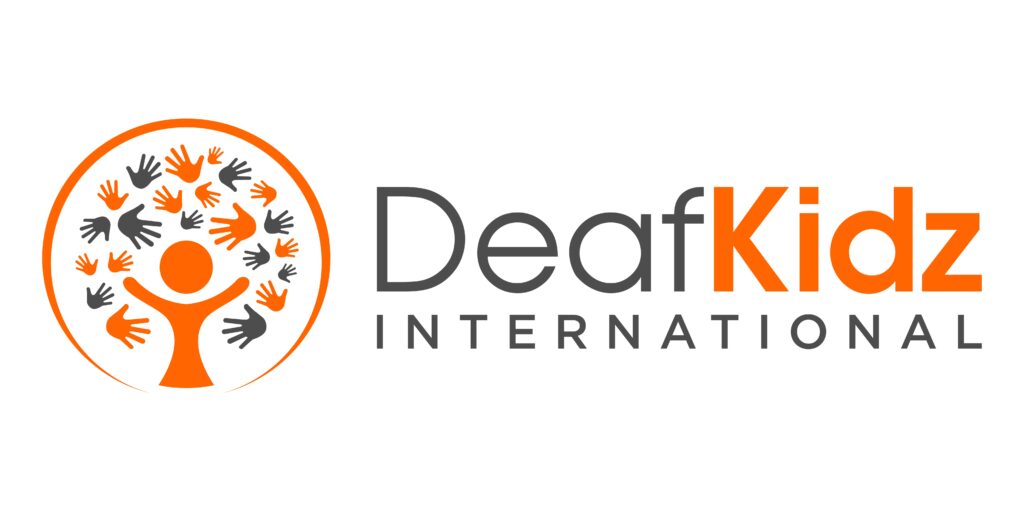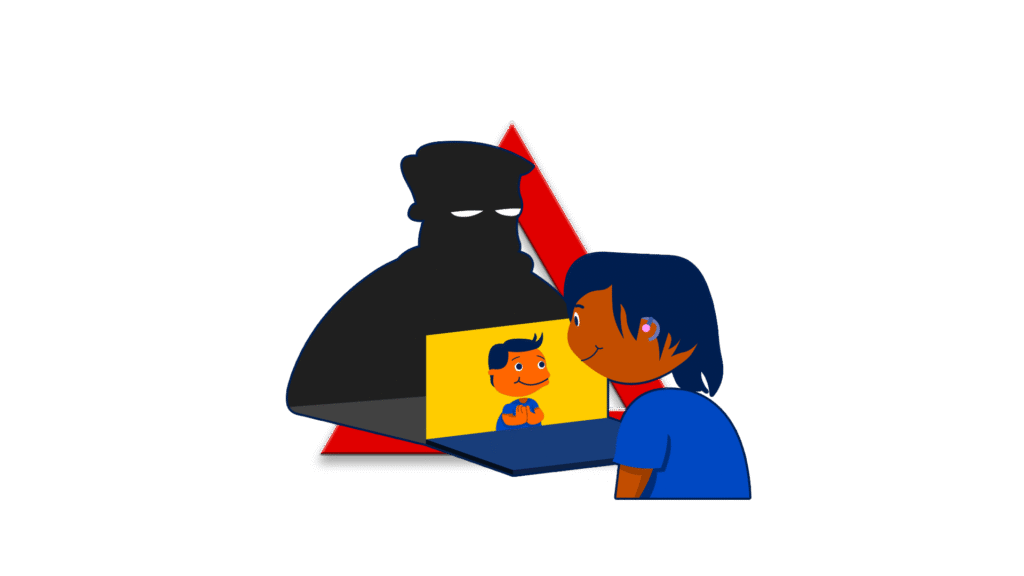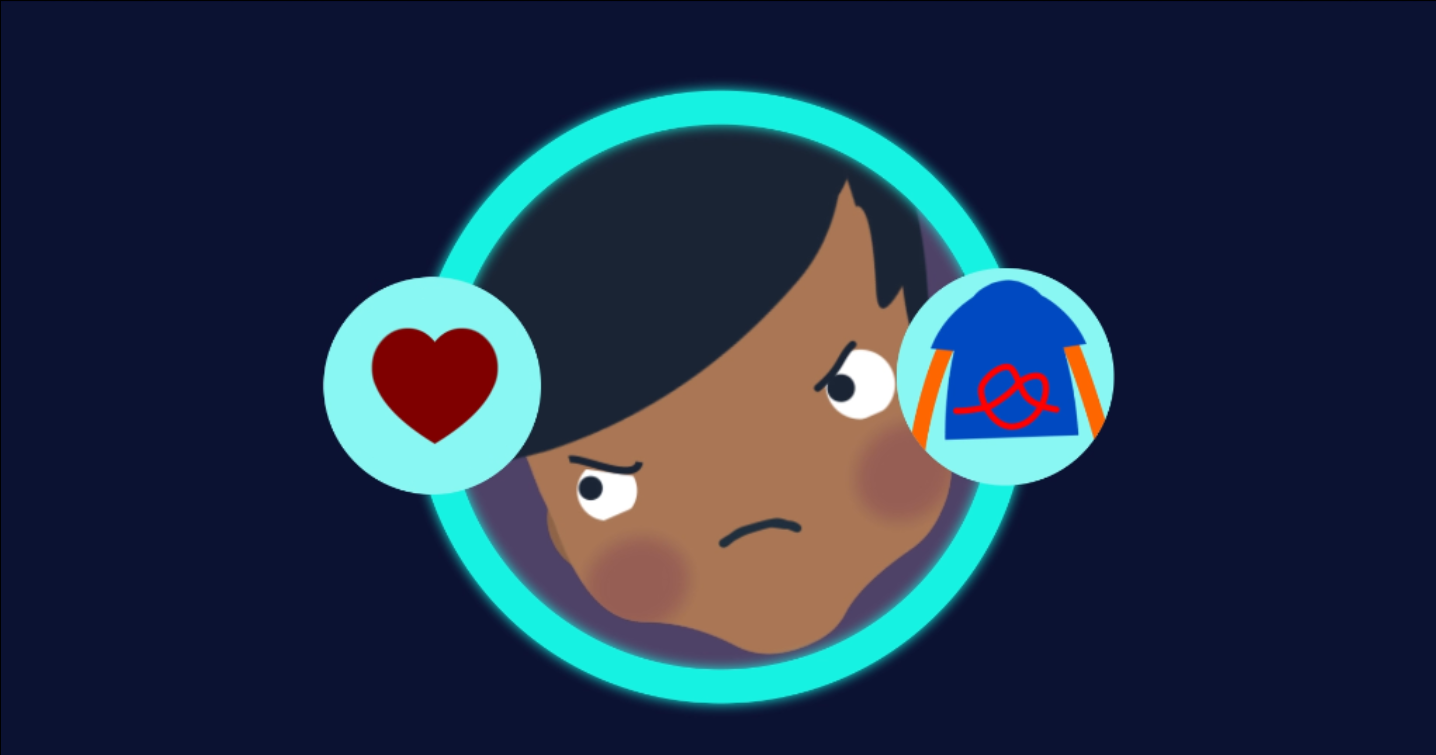
New study exposes critical gaps in online safety education for deaf children and young people, prompting calls for DeafKidz International programme to be expanded.
A groundbreaking new study evaluating a DeafKidz International programme has revealed that deaf children and young people face significantly higher risks online than their hearing peers, with many lacking basic knowledge of how to protect themselves from digital harm.
The research, conducted by Mary Hare and University of Hertfordshire Postgraduate Master’s student Laura Woods, found that all participating deaf students initially scored below 50% on basic online safety assessments, with one student scoring zero. This comes at a time when 96% of children aged 3-17 go online regularly, and 100% of secondary school students are internet users.
The study of deaf students aged 11-14 revealed concerning patterns:
- Every single student could immediately recall something upsetting they had encountered online.
- Initial safety knowledge was alarmingly low, with baseline scores ranging from 0-4 out of a possible 8 points.
- Vulnerability varied significantly among students, but all demonstrated dangerous gaps in protective knowledge.
- Professional concern is widespread: 76% of teachers of the deaf rated their students’ vulnerability at 7 or above on a 10-point scale.

A survey of 71 professionals working with deaf children across the UK revealed an urgent need for more resources:
- 85% have no specific programme for teaching online safety to deaf students.
- 81% received no deaf-specific guidance in their safeguarding training.
- Over one-third felt unconfident addressing internet safety incidents with deaf students.
- Many professionals rely on personal parenting experience rather than specialist training.

“At least 50% of my deaf learners have either been vulnerable online or done something inappropriate online,” reported one professional, while another noted: “I have been involved with a number of serious safeguarding concerns related to Deaf learners and their online safety over the past ten years.”
Laura Woods, Lead Researcher and qualified Teacher of the Deaf
The research identified several factors that increase deaf children’s online vulnerability including:

- Challenges making it harder to recognise others’ harmful intentions.
- Language delays affecting comprehension of safety information and online content.
- Limited access to incidental learning about online risks through overheard conversations.
- Reduced access to tailored safety resources in accessible formats.
- Communication barriers with parents and professionals when reporting concerns.
- Reduced development of Theory of Mind making it harder for some deaf children to understand others’ intentions and recognise when someone may be trying to deceive, manipulate, or harm them online.
The study evaluated the DeafKidz Defenders (DKD) programme, developed by DeafKidz International, showing remarkable results and a solution that works:
- 124% average improvement in safety knowledge immediately after the programme
- 110% sustained improvement one month later
- All students showed measurable gains in recognising abuse and protective behaviours
- High engagement levels with students requesting to replay the interactive games.

The programme’s visual, game-based format proved highly accessible and effective for deaf students.
A call to action
The research has prompted a call from the charity to focus on three critical areas requiring immediate attention:
- Funding for specialist resources: Current safeguarding provision is inadequate, with deaf schools creating their own materials due to a lack of suitable resources. Targeted funding is needed to develop and distribute specialist programmes like DeafKidz International’s Defenders programme.
- Enhanced professional training: Teachers require specific training on online safety risks and interventions for deaf students. Current safeguarding training largely ignores the unique vulnerabilities of the deaf population.
- Further programme rollout: The DeafKidz Defenders programme should be implemented across schools serving deaf students, with proper training and support for educators.
Dr Imran Mulla, PhD, supervisor for this research project, and Module Leader for Research Dissertations at Mary Hare – University of Hertfordshire, commented: “This research reveals an urgent safeguarding gap that requires immediate attention. Deaf children’s unique vulnerabilities online are being overlooked, leaving them exposed to significant harm. It also further highlights the need for further research on safeguarding of deaf children, the prevalence, vulnerabilities and investment in solutions that protect them.”
Laura Woods, lead researcher and qualified Teacher of the Deaf, said: “Every deaf child deserves to feel safe online. This study shows we have effective solutions available – we just need the will and resources to implement them properly.”
Debra Clelland, DeafKidz International CEO said: “When a child scores zero on basic online safety – that’s not just a statistic, that’s a child in immediate danger being left dangerously exposed online. The DeafKidz Defenders programme can transform their safety in weeks, not years. The question isn’t whether we can afford to act – it’s whether we can afford not to. Every day we delay rolling out this programme, more vulnerable children remain at risk.”
For more information or for interviews, please contact:
Megan Taylor, Events Fundraising and Communications Manager
Email: megan.taylor@deafkidz.org
Phone: 07305433250
Additional Information
- Full research report available here.
- Further information about DeafKidz International can be found at here.
- Statistics cited are from Ofcom’s Children Media Use and Attitudes 2024 report.
- This research study was conducted as part of a Master of Arts programme at the University of Hertfordshire in partnership with Mary Hare School, a specialist educational institution for deaf students. The study represents the first comprehensive evaluation of the DeafKidz Defenders programme in the UK context and one of the few research projects specifically examining online safety among deaf children and young people. The research employed both quantitative assessments and qualitative interviews with students, plus a nationwide survey of professionals. The study was conducted under University of Hertfordshire Ethics Committee approval (Protocol number: SLE/PGT/CP/06202) and followed strict ethical guidelines for research involving vulnerable children.
About DeafKidz International
There are 32 million deaf children worldwide, many of whom face stigma, social exclusion, and a severe lack of support. This not only impacts their opportunities but leaves them more open to abuse: globally, deaf children are 3 times more likely to suffer abuse than hearing children. For over a decade, DeafKidz International has led the way in reducing the abuse and neglect of deaf children worldwide. We work with communities, local partners, children and their families to respond to deaf children’s protection and wellbeing needs.
The DeafKidz Defenders programme is an innovative initiative aimed at teaching deaf children how to stay safe in person and online. Developed by DeafKidz International and funded by Safe Online, the programme uses a play-based ed tech resource with mini games and scenarios to increase children’s ability to recognise and respond to online and offline abuse. The programme is designed to be delivered in schools, by facilitators or teachers using deaf children’s first language (their national sign language). It has been piloted in schools in Pakistan, Zambia and South Africa, reaching thousands of children reporting significant increases in knowledge after taking part in the programme, and being up to 7 times more likely to speak out, say no and get help.
About Mary Hare School for the Deaf
Mary Hare School is the largest school for deaf children in the UK, located in Newbury, Berkshire. The School offers a wide range of courses and training opportunities for anyone working in the field of deaf education or audiology. This is founded on more than 100 years of collective experience of working with profoundly deaf young people. At Mary Hare, we teach around 200 deaf children every year. It is with this continuing experience of understanding their needs, developing strategies and techniques to further their education and by providing the very best in technology and audiology, that we are able to offer courses to other professionals working in similar fields. We work in partnership with a number of organisations to deliver some of our courses.
About the University of Hertfordshire
Whether it’s through learning, teaching, or business and research partnerships, the University of Hertfordshire transforms bold ambition into impactful achievements. From our start in training aerospace engineers for Britain’s aviation industry to our extensive offering today, our focus has always been on understanding what employers want, and today, our vision remains unchanged. We are a modern, dynamic, and enterprising university, and an anchor institution in the region, supporting its growth as a top destination for a range of industries and professions.
For our thriving community of nearly 35,000 students from over 110 countries, that means high-quality teaching delivered by experts engaged in cutting-edge research. Access to 700 career-focused degrees, strong industry connections, industry-standard facilities and opportunities to study at more than 170 universities worldwide.
Through partnerships with key employers, professional bodies, and government, we ensure our teaching and research respond to real-world challenges. We collaborate to drive great opportunities that lead to positive outcomes regionally, nationally, globally; from Herts to the world.
Herts. Beats Faster. www.herts.ac.uk
